How to Save Your Horn Speaker and Prevent Malfunctions
- Esmaeel Alshikh
- Sep 22, 2024
- 3 min read
Updated: Oct 15, 2024
In this article, we will provide detailed answers to the following questions and address many of your inquiries:
What are the common signs of a malfunctioning horn speaker?
How can you prevent driver damage in a horn speaker?
What are the environmental factors that can affect the performance of a horn speaker?
When should you consult a professional audio technician for your horn speaker?
What are some tips for maintaining the crossover network of a horn speaker?
How can you protect your horn speaker from physical damage?
What should you do if you hear unusual noises coming from your horn speaker?
Article Contents:
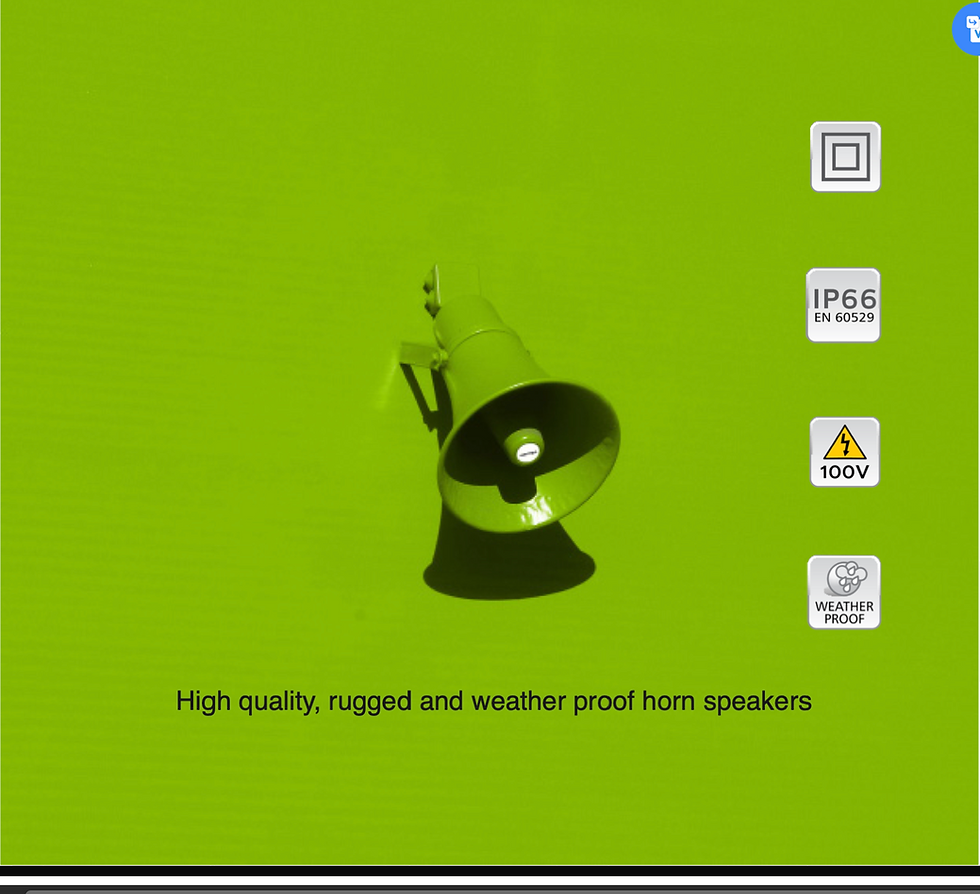
Introduction
Horn speakers, known for their efficiency and high output, are a staple in many audio systems. However, like any electronic device, they are susceptible to malfunctions. This article will delve into the causes of horn speaker malfunctions, provide practical tips on preventing them, and offer guidance on how to save a damaged horn speaker.
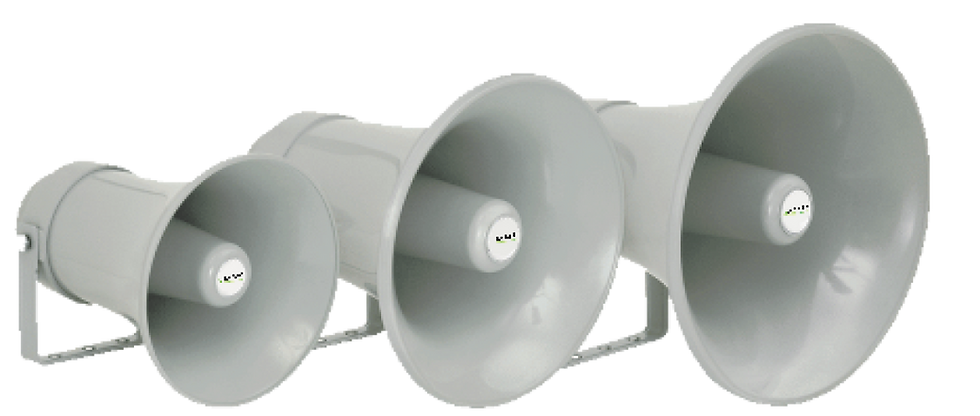
Understanding Horn Speaker Malfunctions
Horn speakers can experience a variety of malfunctions, ranging from minor issues to major failures. Some common problems include:
Distorted sound:
This can be caused by a variety of factors, including driver damage, amplifier overload, or incorrect impedance matching.
Reduced output:
A decrease in sound volume can be due to driver degradation, amplifier issues, or a faulty crossover network.
No sound:
If a horn speaker produces no sound, it could be a result of a blown driver, a faulty amplifier, or a broken connection.
Buzzing or hissing:
These noises often indicate a problem with the amplifier or the crossover network.
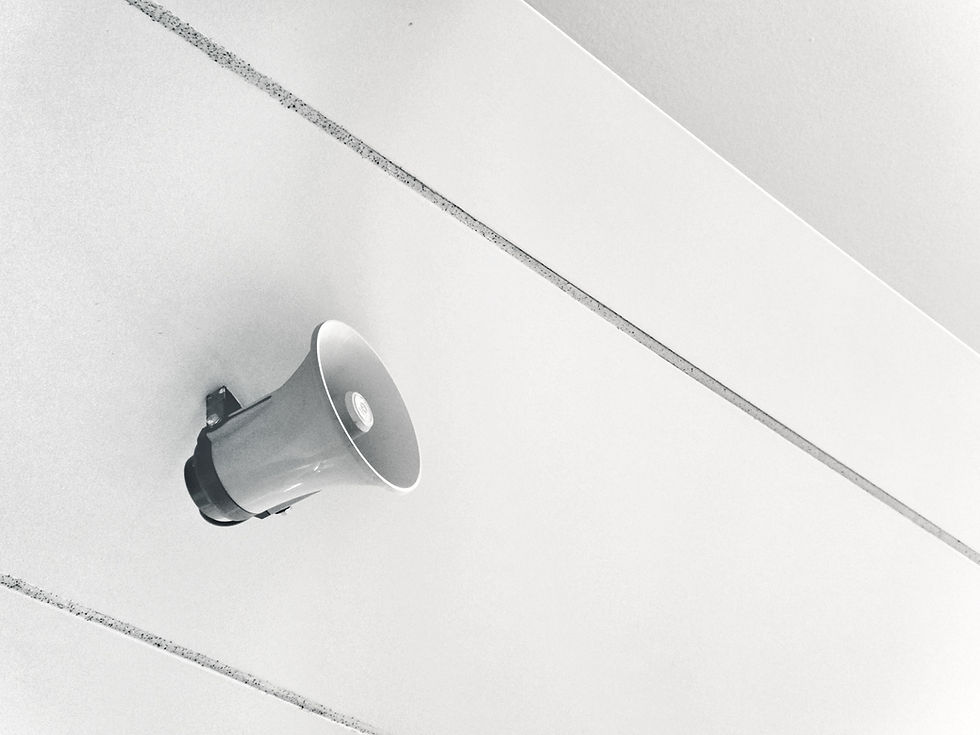
Preventing Horn Speaker Malfunctions
To ensure the longevity and optimal performance of your horn speakers, it is essential to take preventive measures. Here are some key tips:
Proper Installation:
Ensure that your horn speakers are installed correctly, following the manufacturer's instructions. Pay attention to impedance matching, polarity, and placement.
Amplifier Protection:
Use an amplifier that is rated to handle the power requirements of your horn speakers. Overdriving the amplifier can lead to driver damage.
Crossover Network Maintenance:
Regularly inspect the crossover network for any signs of damage or wear. Clean the contacts and tighten any loose connections.
Environmental Factors:
Protect your horn speakers from extreme temperatures, humidity, and dust. Avoid placing them in areas where they may be exposed to moisture or corrosive substances.
Avoid Overloading:
Do not subject your horn speakers to excessive volume levels for extended periods. This can cause driver fatigue and damage.
Regular Maintenance:
Perform routine maintenance on your horn speakers, including cleaning the driver diaphragm and checking for any loose components.
Professional Service:
If you encounter a serious malfunction or are unsure how to address a problem, consult a professional audio technician.
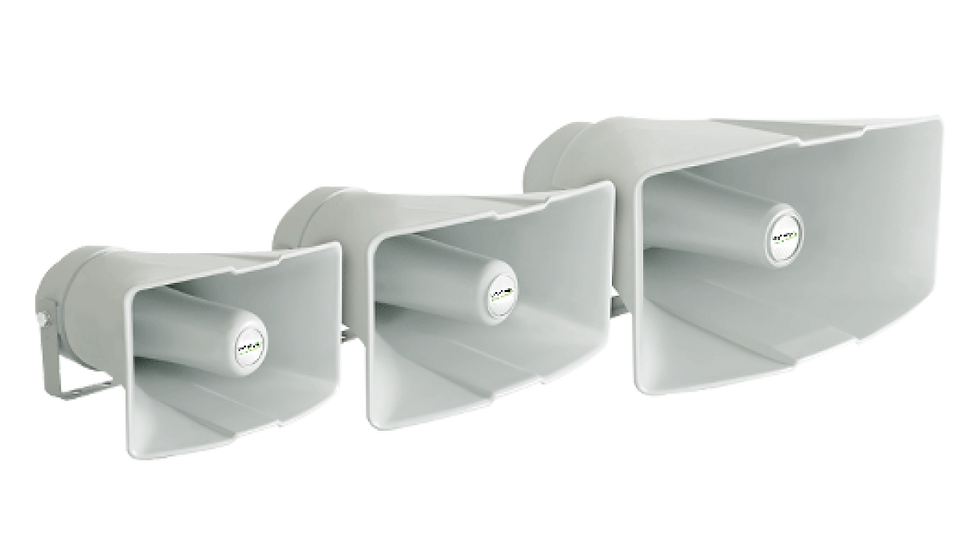
Saving a Damaged Horn Speaker
If your horn speaker has suffered damage, there may be options for repair or replacement. Here are some steps to consider:
Identify the Problem:
Determine the nature of the damage, whether it is to the driver, crossover network, or other components.
Repair or Replace:
If the damage is minor, it may be possible to repair the speaker. However, for extensive damage, replacement may be necessary.
Professional Assistance:
Seek the expertise of a qualified audio technician to assess the damage and recommend the appropriate course of action.
Consider Upgrading:
If your horn speaker is old or outdated, replacing it with a newer model may be a worthwhile investment.

Common Causes of Horn Speaker Malfunctions
Driver Damage:
Overloading, exposure to extreme temperatures, or physical damage can lead to driver failure.
Amplifier Issues:
Faulty amplifiers can cause distorted sound, reduced output, or no sound.
Crossover Network Problems:
Damaged or faulty crossover networks can result in uneven frequency response and other issues.
Environmental Factors:
Exposure to moisture, dust, or corrosive substances can damage horn speakers.
Incorrect Installation:
Improper installation can lead to impedance mismatch, polarity issues, and reduced performance.

Additional Tips for Horn Speaker Care
Avoid Sudden Volume Changes:
Abrupt changes in volume can stress the drivers and cause damage.
Use Speaker Grills:
Grills can protect the drivers from physical damage.
Regularly Check Connections:
Ensure that all connections are secure and free from corrosion.
Consider a Surge Protector:
A surge protector can help protect your horn speakers from power surges.
Monitor for Unusual Noises:
Any unusual noises, such as buzzing or hissing, may indicate a problem.
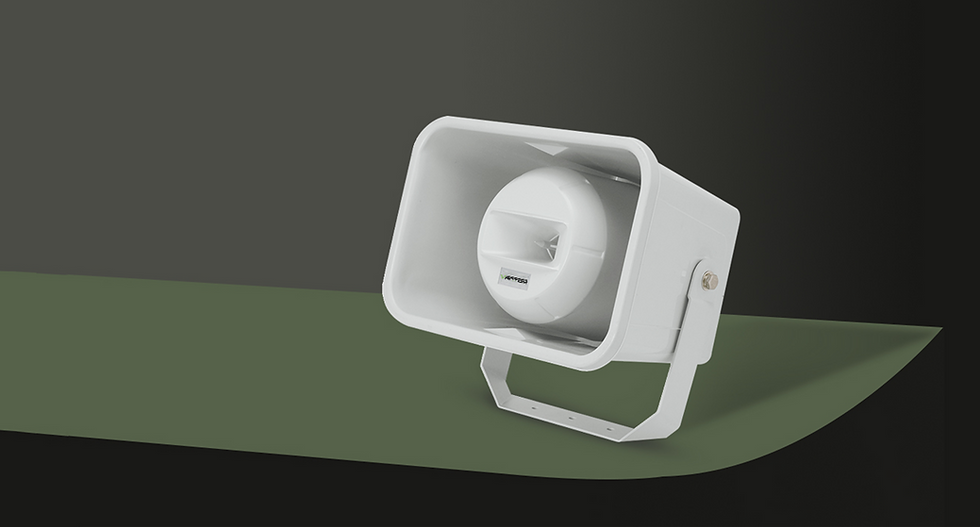
By following these guidelines and taking proactive steps to prevent malfunctions, you can significantly extend the lifespan of your horn speakers and enjoy many years of reliable performance.



Comments